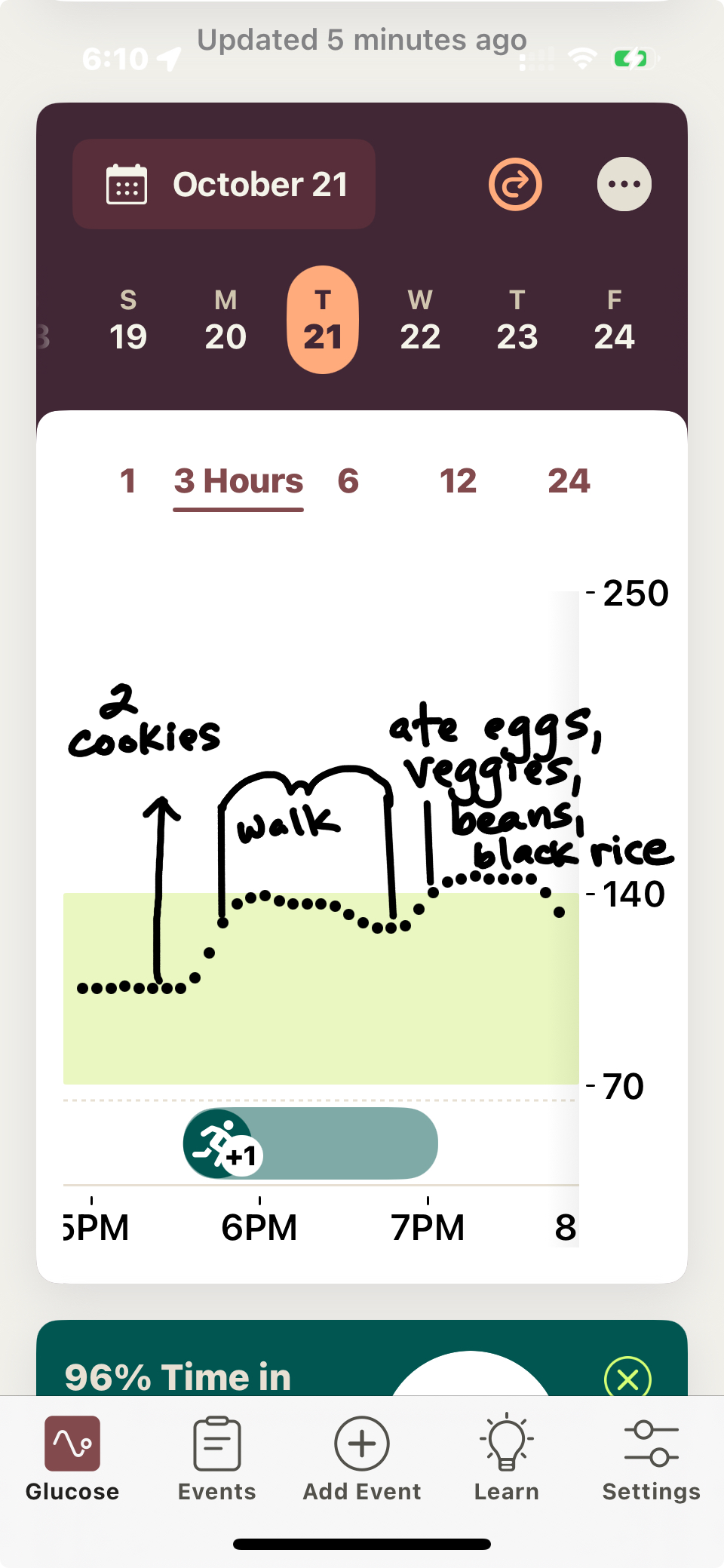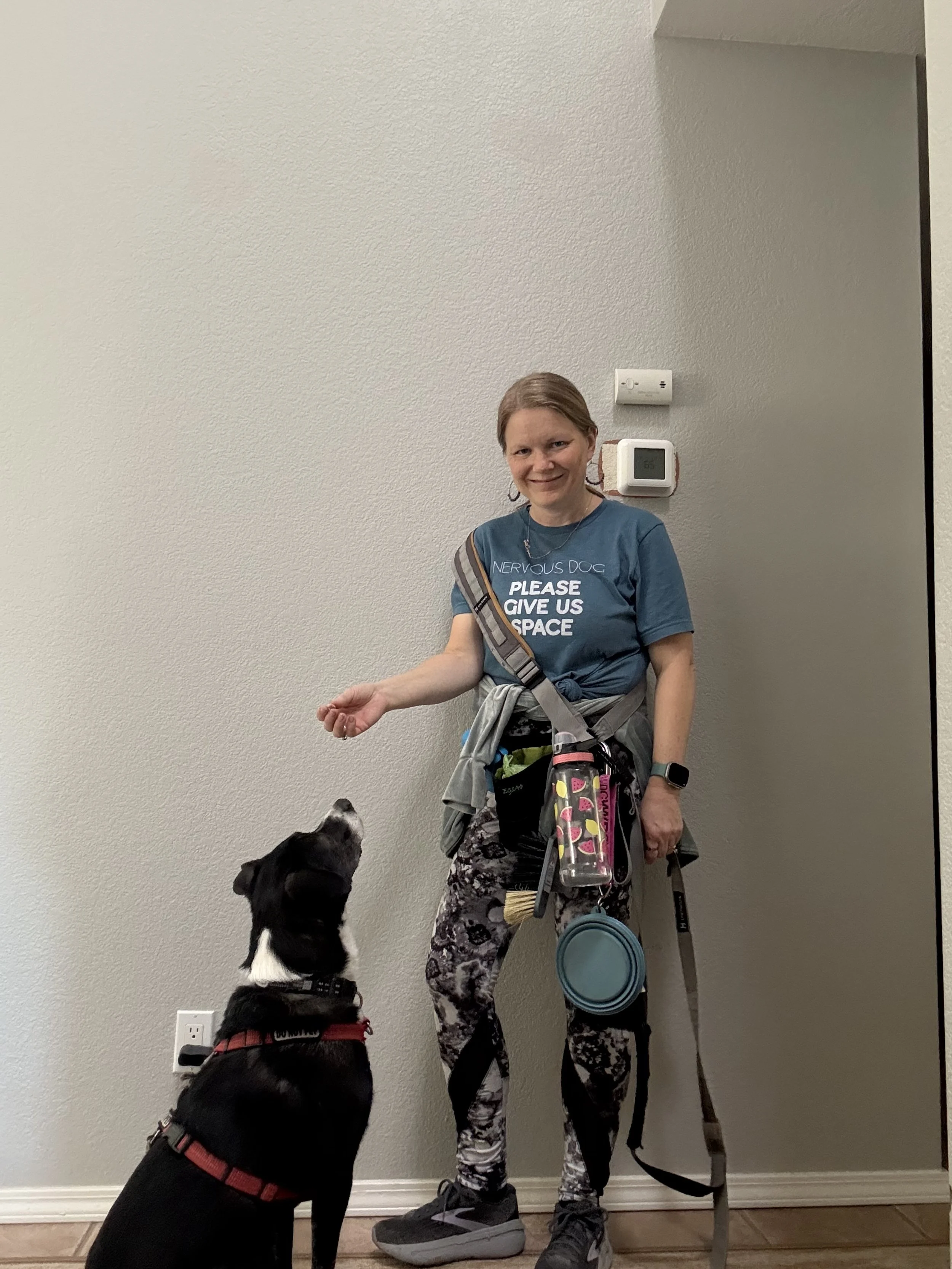You’ve heard it before: put your oxygen mask on first.
It can sound trite… until you’re the one running on empty.
The oxygen mask metaphor exists for a reason.
When parents’ needs are ignored, everything feels harder. When parents are supported, life feels more breathable. This retreat is designed to help you feel seen, cared for, and resourced so you can return home steadier and more connected. Come experience what it’s like when your needs are part of the plan.
The Still Us Valentine’s Retreat is an invitation to pause, breathe, and remember that your needs aren’t extra. They’re essential. Come feel what it’s like to be held, guided, and reminded that you matter.
(Video from a coaching session between somatics coach Stasia Savasuk and Lara Elfstrand)




















